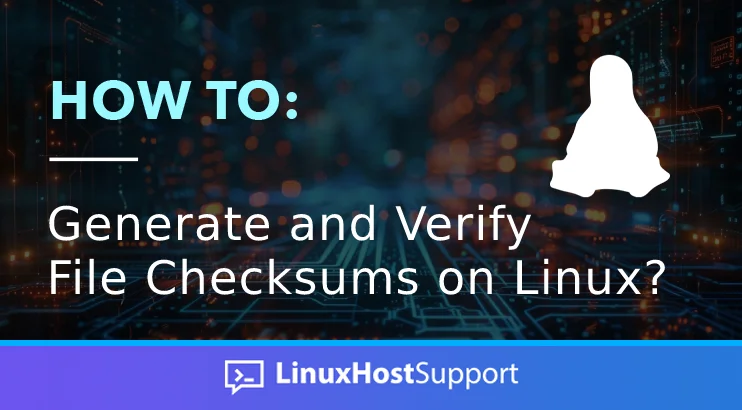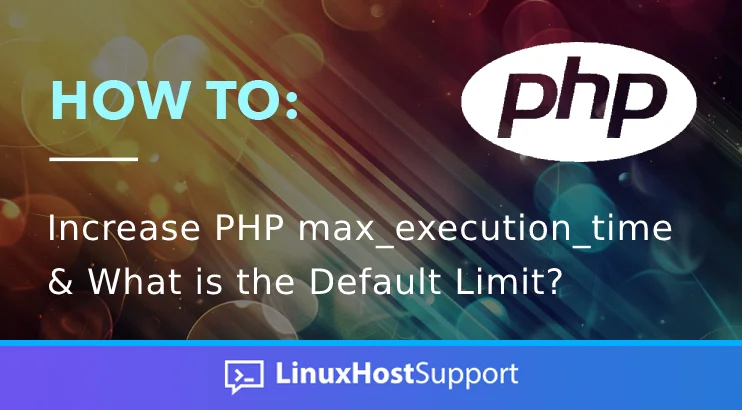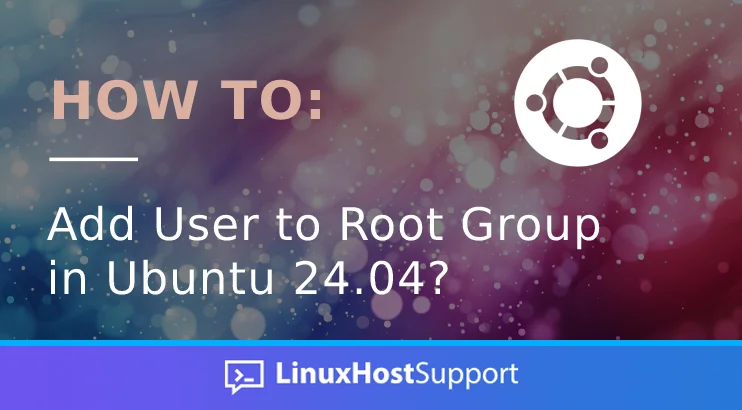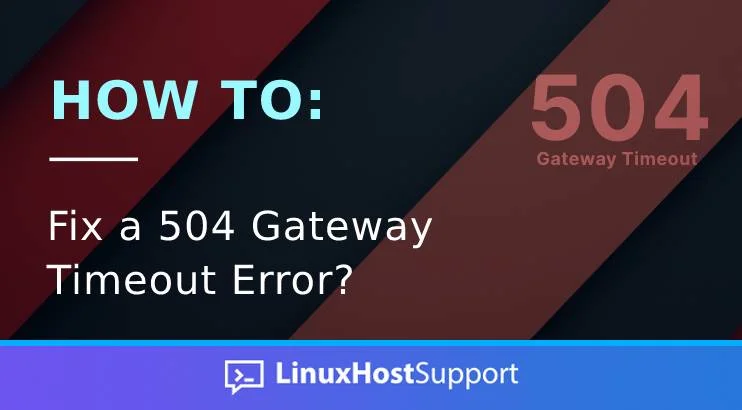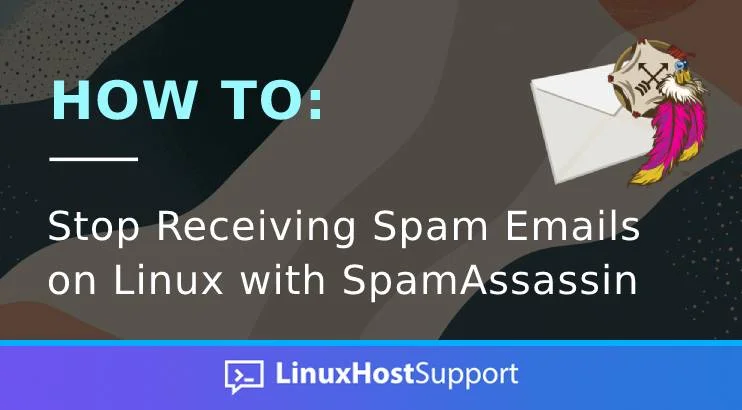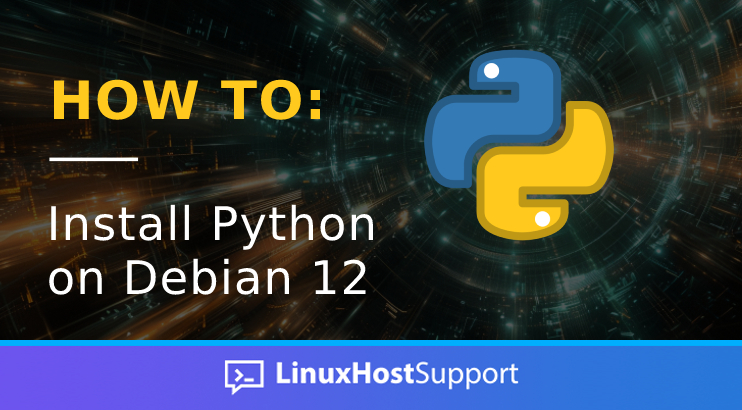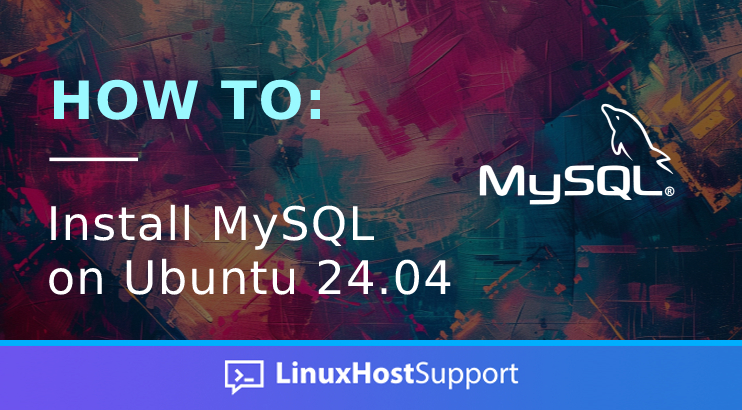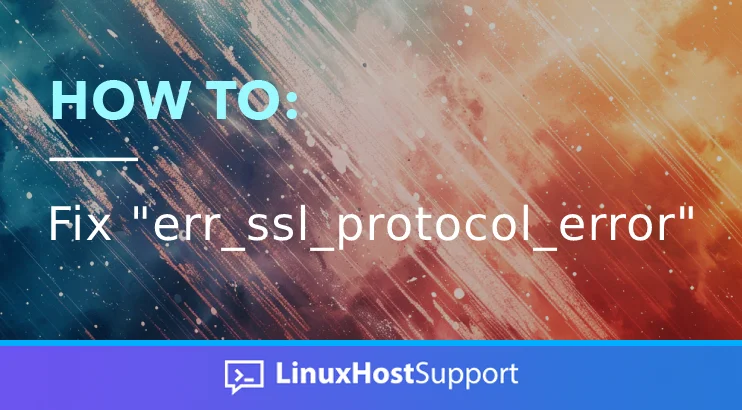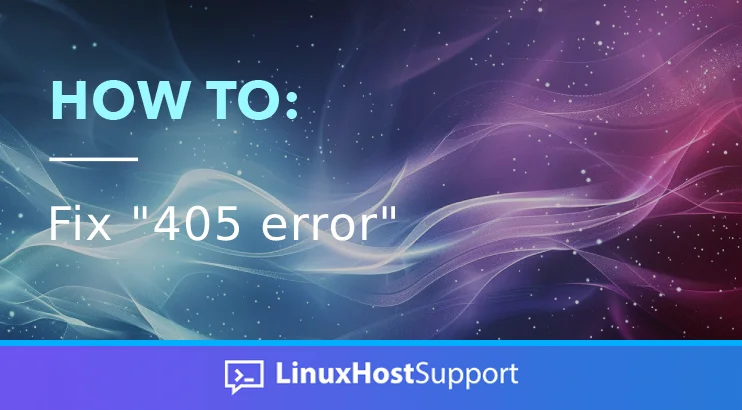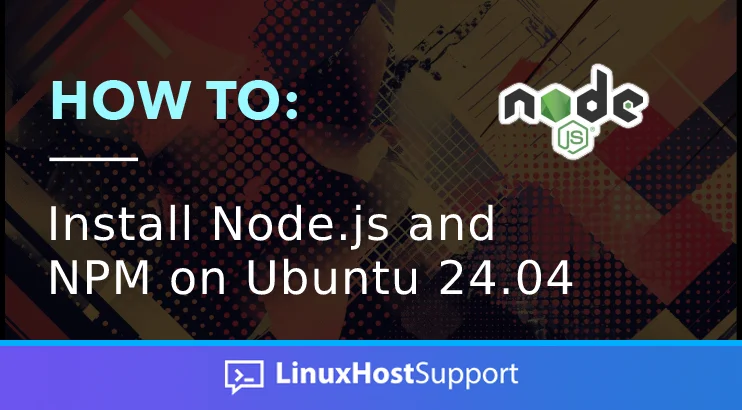We verify file checksums to ensure the file’s integrity, confirming no corruption or intentional modification has occurred. Anyone working with software distributions and versions, managing backups, or other files where data integrity is essential can use checksums to verify that they have the correct file.
A checksum is a value derived from a file’s content through a mathematical algorithm. It serves as the file’s fingerprint. Even the slightest change in the file’s content will give a completely different checksum, making checksums useful for detecting corruption or unauthorized modifications.
(more…)